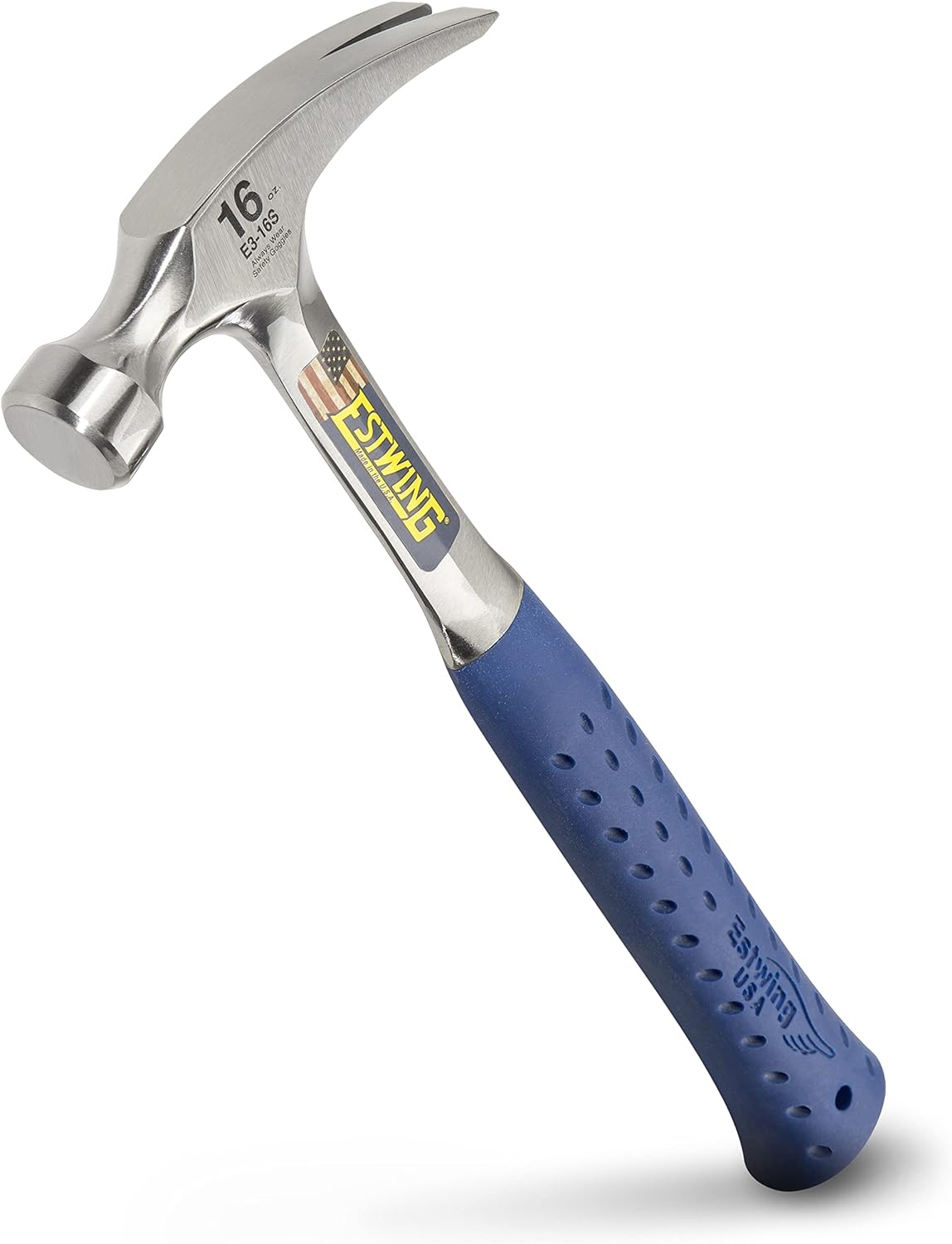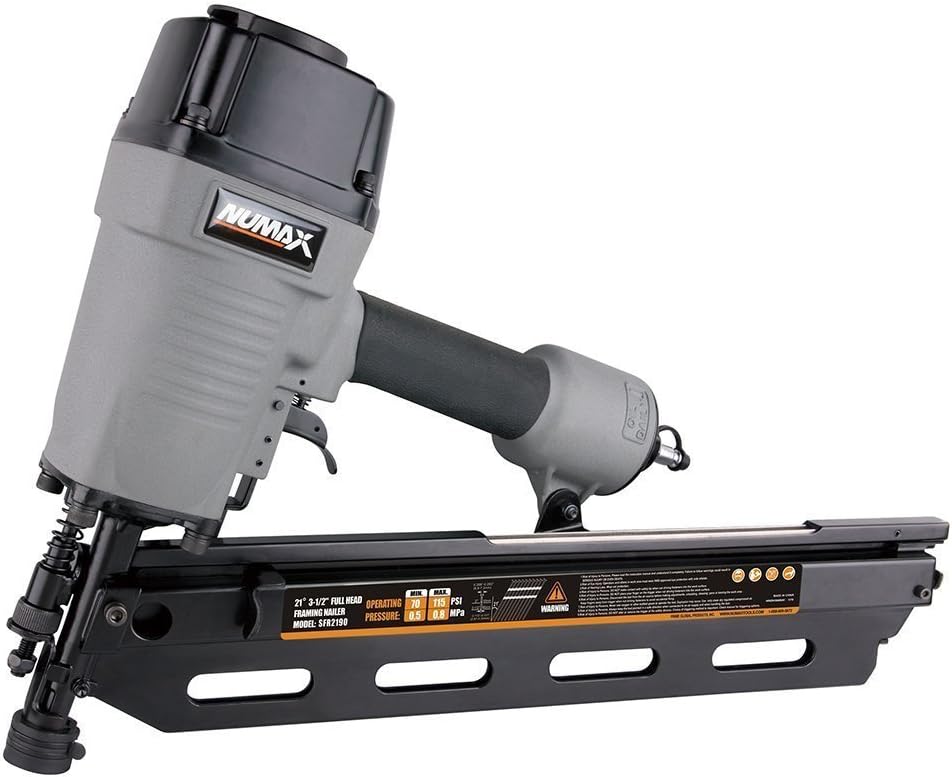
Are you looking to enhance your construction projects with efficient concrete mixing solutions? In this blog post, we delve into the world of drum-type concrete mixers to discover the numerous benefits they offer. Choosing the right equipment can make all the difference in the success of your projects. Join us as we explore the advantages of using a drum-type concrete mixer and how it can elevate your construction endeavors.
Understanding Drum-Type Concrete Mixers
A drum-type concrete mixer is a popular type of equipment used in construction projects for mixing concrete. Here’s an in-depth look into what a drum-type concrete mixer is and how it stands out from other mixer types.
Definition and Overview
- Definition: A drum-type concrete mixer, also known as a concrete drum mixer, features a rotating drum at its core for effective mixing of concrete ingredients.
- Function: The drum rotates to blend cement, aggregates, water, and other materials together to form concrete.
How It Differs from Other Mixers
- Drum Design: The drum is a key component that differentiates it from other mixers like pan mixers or twin-shaft mixers.
- Loading and Discharging: Drum-type mixers typically have mechanisms for easy loading and discharging of materials, enhancing efficiency.
Basic Functionality and Operation
- Mixing Process: The drum rotates around a horizontal axis, ensuring thorough mixing of concrete components.
- Variability: Drum speed control allows for adjustments based on specific concrete requirements.
Contribution to Concrete Mixing
- Consistency: Drum mixers deliver consistent mixing results, crucial for quality concrete production.
- Mobility: Portable drum mixers like the YARDMAX YM0115 offer on-site mixing convenience for various project needs.
By choosing a drum-type concrete mixer like the Kushlan Products 350DD, construction professionals can optimize their concrete mixing processes efficiently. The specific advantages of drum mixers include:
- Ease of use and maintenance
- Faster mixing times
- Flexibility in handling various concrete mixes
- Cost-effective solution for small to medium-scale projects
In conclusion, drum-type concrete mixers play a pivotal role in enhancing productivity and quality standards in construction projects.
Advantages of Drum-Type Mixers
Drum-type concrete mixers are essential equipment in construction projects due to their numerous advantages over other types of mixers. In this detailed section, we will explore the specific benefits of using a drum-type mixer and how it can contribute to cost savings and improved productivity on job sites.
Portability
- Example: The Belle Minimix 150 is a portable drum-type concrete mixer that is easy to move around job sites, making it ideal for small to medium projects.
- Portable drum-type mixers are compact and lightweight, allowing for easy transportation in trucks or vans.
- They are versatile and can be used in various locations without the need for a dedicated mixing station.
Easy Operation
- Example: The Kushlan 350DD drum mixer is known for its user-friendly design, making it suitable for beginners and experienced operators alike.
- Drum mixers require minimal training to operate effectively, reducing the learning curve for new users.
- The loading and unloading process is straightforward, enabling quick and efficient mixing of concrete batches.
Consistent Mixes
- Example: The Multiquip MC94PH8 drum mixer is renowned for its ability to deliver uniform concrete mixes batch after batch.
- Drum mixers are designed to thoroughly mix materials, resulting in consistent quality and strength of concrete.
- The rotating drum ensures that all ingredients are evenly distributed, minimizing variations in the mixture and improving overall construction quality.
Cost Savings
- Drum-type mixers like the IMER Wheelman II are cost-effective solutions for construction projects, offering a balance between performance and affordability.
- Reduced labor costs due to easy operation and quick mixing times.
- Minimal maintenance requirements lead to long-term cost savings for contractors and construction companies.
Improved Productivity
- The Stark Portable Electric Concrete Mixer exemplifies how drum-type mixers can increase productivity on job sites.
- Faster mixing times allow for more batches to be produced in a shorter period, accelerating construction timelines.
- Reliable performance ensures uninterrupted operation, reducing downtime and enhancing overall project efficiency.
By leveraging the portability, ease of operation, and consistency provided by drum-type mixers, construction professionals can achieve significant benefits in terms of cost savings and productivity on their projects. Choose a reliable drum-type mixer like the ones mentioned above to experience these advantages firsthand.
Maintenance and Care Tips
Drum-type mixers are essential equipment in various industries, providing efficient mixing for a wide range of materials. To ensure the longevity and optimal performance of your drum mixer, it’s crucial to follow proper maintenance and care practices. In this guide, we will outline the best practices for cleaning, lubrication, and storage of drum-type mixers.
Cleaning Tips
Proper cleaning of your drum mixer is essential to prevent contamination and maintain performance. Here are some tips to keep your drum mixer clean:
- Use a specialized cleaner like Brand Z Mixer Cleaner to remove stubborn residues effectively.
- Follow the manufacturer’s guidelines for cleaning frequency.
- Ensure all residues are thoroughly removed before storing the mixer.
Lubrication Techniques
Lubrication is key to ensuring smooth operation and preventing wear and tear on your drum mixer. Here’s how you can effectively lubricate your equipment:
- Apply food-grade lubricant such as Brand A Mixer Lubricant to the necessary parts regularly.
- Check for any signs of wear on bearings and gears and lubricate them promptly.
- Maintain a lubrication schedule based on the usage of the mixer.
Storage Recommendations
Proper storage of your drum mixer when not in use will help extend its lifespan. Consider the following storage recommendations:
- Store the mixer in a clean and dry environment away from moisture.
- Cover the mixer with a protective sheet to prevent dust accumulation.
- Ensure all moving parts are properly secured before storing to prevent damage.
Helpful Products
- Brand B Mixer Degreaser: A powerful cleaner specifically designed for drum mixers.
- Brand C Mixer Grease: A high-quality lubricant suitable for heavy-duty use.
- Brand D Mixer Cover: A durable cover to protect your drum mixer during storage.
By following these maintenance and care tips, you can ensure that your drum mixer remains in top condition, providing reliable performance for years to come.
Applications and Considerations
Drum-type concrete mixers are versatile and reliable machines that find applications in various construction projects. In this section, we will delve into the specific applications where these mixers excel and discuss crucial considerations to keep in mind while selecting the right mixer for your project.
Applications
1. Small to Medium-Scale Construction Projects
- Ideal for small to medium-scale construction projects such as residential buildings, sidewalks, driveways, and concrete repair works.
- Example: Kushlan Electric Portable Concrete Mixer
2. Remote or Hard-to-Reach Job Sites
- Suitable for job sites with limited accessibility or areas where traditional concrete mixers may face challenges.
- Example: IMER Alabama Concrete Mixer
3. DIY Projects and Home Renovations
- Perfect for DIY enthusiasts and homeowners undertaking small concrete projects around the house or garden.
- Example: YARDMAX Portable Concrete Mixer
Considerations
1. Capacity
- Choose a mixer with the right capacity based on the volume of concrete needed for your projects.
- Consider factors like batch size and overall output requirements.
2. Power Source
- Select between electric, petrol, or diesel-powered mixers based on the availability of power sources at your job site.
- Ensure the power source aligns with your project’s needs and constraints.
3. Mobility
- Evaluate the portability and mobility features of the mixer to ensure easy transportation and maneuverability on-site.
- Features like wheels, handles, and compact design can enhance mobility.
In conclusion, with a clear understanding of the applications and key considerations associated with drum-type concrete mixers, you can make an informed decision when selecting the right mixer for your construction projects. Remember to assess your project requirements carefully and choose a mixer that aligns with your specific needs for optimal results.
Maximizing Efficiency and Quality: The Concrete Mixer’s Guide to World Domination
Listen up, concrete cowboys. We’ve just dropped some knowledge bombs on drum-type mixers:
- These bad boys are like the Swiss Army knives of construction – portable, versatile, and ready to rock your world.
- Consistency is their middle name. They’ll mix your concrete smoother than a barista makes a latte.
- Efficiency? They’ve got more of it than a caffeinated squirrel on a wheel.
- Quality? They’re pumping out concrete so good, it’ll make the Romans jealous.
Remember, a drum-type mixer isn’t just a tool – it’s your ticket to concrete nirvana.
Pro tip: Always clean your mixer immediately after use. Dried concrete is harder to remove than a tattoo, and it’ll save you hours of chipping away at stubborn residue later.
Now go forth and conquer those construction projects like the concrete-crushing legend you are. Your perfectly mixed concrete will be the envy of every job site from here to Timbuktu.








The maintenance tips provided are helpful. I would suggest adding a section on troubleshooting common issues that users might face with drum-type mixers.
I appreciate the detailed explanation of what a Drum-Type Concrete Mixer is. However, I’m curious if there are specific brands you recommend for quality and durability?
I think it would be beneficial to mention specific safety precautions that users should follow when operating drum-type mixers. Safety is crucial in any construction setting.
Absolutely, safety should always come first. I will update the article to include a section on safety precautions. Thank you for the suggestion!
I run a construction business and have found that drum-type mixers are essential for our projects. They are durable and efficient. It would be great to see a real-world case study included in this article.
Thank you for sharing your experience! A real-world case study is a fantastic idea. I will work on incorporating that into the article.
I have had great success using drum-type mixers for small DIY projects at home. They are easy to operate and produce consistent results. Have you considered including user testimonials in your articles?
Can you elaborate more on the environmental benefits of using drum-type mixers compared to other types? This would be interesting to explore further.
Thank you for your question! I will definitely include more information on the environmental benefits in an upcoming article.